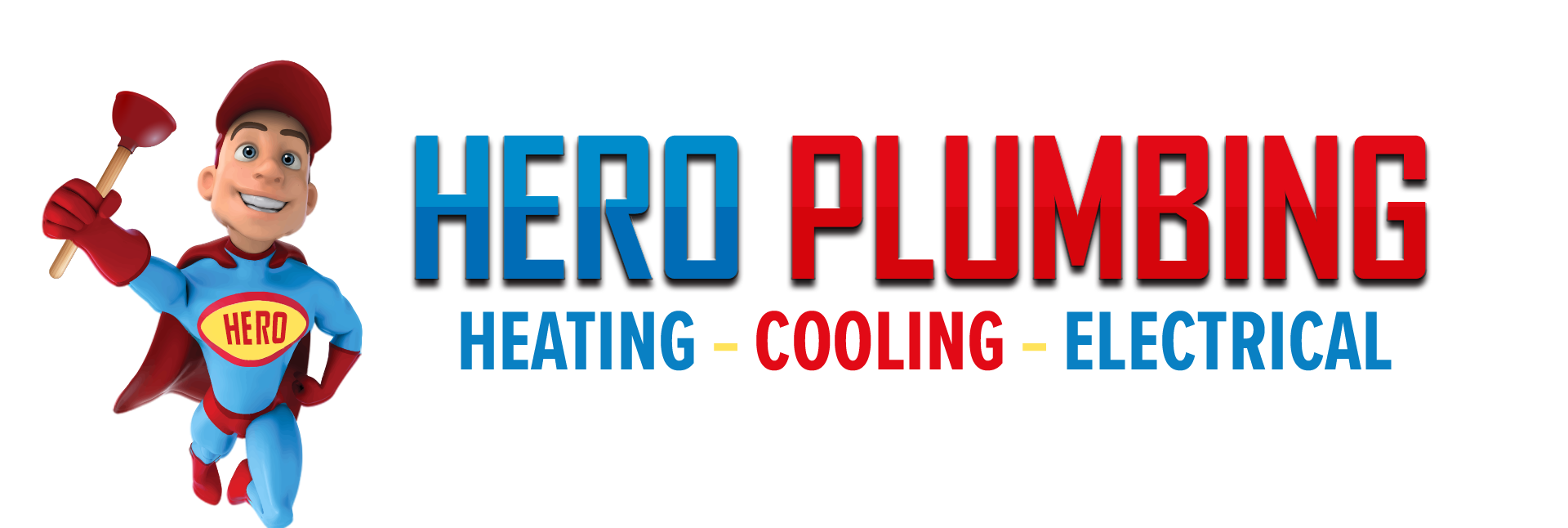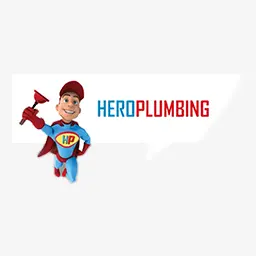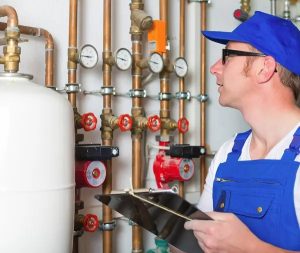Table Of Contents
Are you planning to become a plumber in NSW? If yes, this is a smart career decision. The building and construction industry is growing at a high pace in Australia. This makes plumbing a prospective career that will avail a lot of job opportunities for you in future. However, to be at the top of the competition, it is advisable to attain the highest levels of qualifications. The good thing is that there are many institutions offering plumbing courses in NSW. Therefore, it is not challenging for you to attain the high-level training required in the industry. The many classes in this course offer great opportunities that can expand your career prospects.
Here is a detailed guide on how to become a successful plumber in NSW.
What Does A Plumber Do?
A plumber does a lot to improve the functionality of a commercial or residential building. Here are some of the major responsibilities you can expect to carry out when you become a licensed plumber:
- A plumber makes sure all gas and liquid pipes are correctly installed. Moreover, they ensure that the right repairs are done when necessary. This ensures that gas and water are running efficiently at all times.
- Install, maintain and repair cooling, heating, and ventilation systems.
- Install plumbing and piping fixtures.
- Inspect equipment, test and maintain other equipment such as vacuum and pressure gauges to diagnose a problem.
- Unclog toilets and sink drains.
- Troubleshoot plumbing problems and fix them.
- Give estimates of repair and installations.
What To Expect As A Plumber In NSW
As a plumber, you should be able to perform the above tasks. You should ensure the right function of commercial and residential plumbing systems. The tasks are not easy since most of them require lifting and carrying pipes that can be heavy at times. The job can also be challenging since it involves both outdoor and indoor work. You should be content and comfortable working outdoors regardless of the existing weather conditions. If you become a licensed plumber, you should be fine with getting your hands dirty.
Moreover, you need to use various tools, heavy machinery, and have the necessary knowledge of natural gas lines and electricity. You should be ready to work on a full-time basis. Weekends and evenings are part of your regular schedule. You can expect to work overtime and be ready to respond to emergencies.
Here are some of the steps you should follow to become a fully licensed plumber in NSW.
1. Begin With An Apprenticeship
Like most of the other building and construction trades, you begin with an apprenticeship. It may take you three to four years to complete the plumbing apprenticeships in Australia under the supervision of an accredited expert. During the apprenticeship, you learn a wide range of aspects of the plumbing job. This assists you in attaining the necessary knowledge and skills to work independently as a plumber in the future.
2. Get Certification III
After you are done with your apprenticeship, you should look forward to getting a certification. There are a lot of technical colleges and trade schools that provide plumbing courses. The courses allow you to attain the required theoretical knowledge of the various parts of plumbing work. Depending on whether you undertake part-time or full-time studies, a certification III plumbing certificate can take a good amount of time to complete.
3. Registration
To become a registered plumber in NSW, you need to complete an apprenticeship and get a certificate III in plumbing. You also require registration and work under a licensed plumber’s supervision. When you get registered, you can now work in plumbing. However, you cannot give out any compliance certificates.
4. Receive A Certificate IV In Plumbing
Becoming a licensed plumber requires getting a higher level of knowledge and skill in the plumbing industry. This is why you should work to get a higher certification. It may take you many years to complete, but you become eligible to get a license when you get your certificate IV.
5. Obtain A License
In Australia, you need to have separate licenses for all the plumbing classes of the plumbing tasks you need to perform. After you decide what you want to specialise in, you can make an application for a license. There is an exam you should undertake and a fee to pay in NSW. After you get the license, you can start working on various plumbing works.
Becoming A Licensed Plumber In NSW
In NSW, Australia there are two types of plumbers, i.e., licensed and registered plumbers. To become a registered plumber, you should complete an apprenticeship with a classroom-based learning program like a certificate III in plumbing from institutes such as Tafe NSW. Thus, if you are aspiring to become a plumber, this is the first step.
When you work as a registered plumber, you can work in a specific class or classes of plumbing work. As a registered plumber, you have to work under the supervision of a licensed plumber and cannot give a certificate. However, if you are a licensed plumber, you do not face these restrictions. This is the case because you have a higher level of qualifications, practical experience, and knowledge.
Types Of Plumbing Classes To Attend
In order to become a qualified plumber, it is necessary to attend various classes. Here are the main classes you should attend:
- Fire protection
- Water plumbing
- Drainage
- Gasfitting (gasfitter and plumber)
- Water supply
- Sanitary
- Mechanical service
- Roofing (stormwater)
There are also six highly specialised classes such as:
- Backflow prevention work.
- Type A appliance servicing work.
- Type A appliance conversion work.
- Type B gasfitting work.
- Type B gasfitting advanced work.
- Refrigerated air conditioning work.
To work under the above classes independently, you should get an individual license for each of them.
- Certificate III In Plumbing
To work as a licensed plumber in NSW, you need a certificate III. It covers specialised and common areas such as gas services, mechanical services, and roofing. You are taught by experienced plumbers, whereby you learn the latest industry skills and practices. You will learn how to perform the following services:
- Use power and plumbing hand tools.
- Install water service devices and controls.
- Install drainage systems, gas appliances, and others.
- How to observe safety measures while working as a roof plumber.
The course has highly specialised streams. You need to pick a version to become a great plumber. Here are some of the courses you can pick:
- Sanitary
- Gas services
- Drainage
- Water
- Roofing
- Mechanical services
Note that after you have completed your certificate III, you need to complete the general induction training program before you can work in a construction worksite.
- Certificate IV In Plumbing
Once you complete your apprenticeship and a certificate III in plumbing, you have the qualification to undertake CPC40912 certificate IV. This certificate helps you to attain the required knowledge and skills to complete registration and licensing. It may take you thirty-nine to forty-one weeks to attain the certificate. However, this is determined by the institution you attend.
This certificate includes six practical training days to get your training and assessment for each unit in a workspace environment. Once you are done with the course, you can now do the state examination to receive your plumbing license. Once you get your certificate IV in plumbing, you can work as an experienced fire operator, plumbing service operator, plumber managing plumbing business, or specialist hydraulic consultants.
Plumber License Application Process In NSW
Once you become eligible to become a plumber, you can now submit your application to become a fully licensed plumber. Here are some of the requirements you need to meet to become a licensed plumber in NSW, Australia:
- Have the right insurance cover.
- You should be eligible to get registered in that class of plumbing.
- For specialised classes, you should be registered in specific classes already.
- Have completed the VBA’s exam for that class.
It is good to note that VBA’s assessment is very thorough. So, make sure that you submit all the required information and that the information you submit is accurate. Depending on your level of experience, application, and education, you may be required to give more information or go for an interview.
How To Succeed As A Plumber In NSW
You may have all the plumbing knowledge and skills but fail to succeed if you do not apply the best business practices in your job. Here are some tips to help you succeed as a plumber.
Have A Well-Detailed Plan
To succeed as a plumber in NSW, you should have a well-detailed plan and stick to it at all times. Create both short-term and long-term realistic goals. Then develop a sketch with steps on how you want to attain your goals. Remain focused and monitor your progress regularly.
Time Management Is Crucial
You have to manage your time wisely. Make sure you are always on time for all your appointments with clients. Note that your client’s time is critical. Estimate the actual time each plumbing job may take. If you cannot adhere to the agreed time, you should always update your clients to let them know.
Always Complete Your Jobs Successfully
The quality of plumbing work you perform is what makes or breaks your career. Thus, you should always be committed to completing all tasks successfully. You need to offer the quality of services you promise to your clients. By giving 100 per cent satisfaction to clients, you enjoy repeat business and high referral rates. You should also develop the habit of completing one job before you start another. This gives your clients confidence and trust in your plumbing services.
Be Honest When Giving Quotes
Always give honest quotes to your clients. When your clients request estimates, you should give them the most accurate quotations. Give full quotes for the entire plumbing project. You lose clients if they realise that they end up paying more than you quoted. Besides, clients also hate plumbers with hidden charges, so avoid this mistake. With honest and transparent quotes, you gain a good reputation and referrals.
Use High-Quality Plumbing Tools And Materials
The quality of plumbing materials and the tools you use determine the solutions you offer to clients. You may be tempted to use low-cost products, but you end up producing low-quality work. So, always source your materials from reputable suppliers to offer high-quality work. This includes the materials used for plumbing installations, repairs among other services you provide. Clients always appreciate plumbing work that lasts a long time.
Be Updated At All Times
The plumbing industry is advancing at a high rate. Therefore, you have to be updated with the latest innovations in the industry to be at the top. Equip yourself with all new skills and techniques to enhance the efficiency of the plumbing services you provide.
Conclusion
The above are some of the skills, knowledge, and requirements to become a great plumber in NSW. Note that you do not succeed in this career by chance. You should be focused on offering high-quality plumbing services to satisfy your clients. To attain a competitive edge, ensure that you are always at the top with new skills, great customer care, be honest and reliable.











